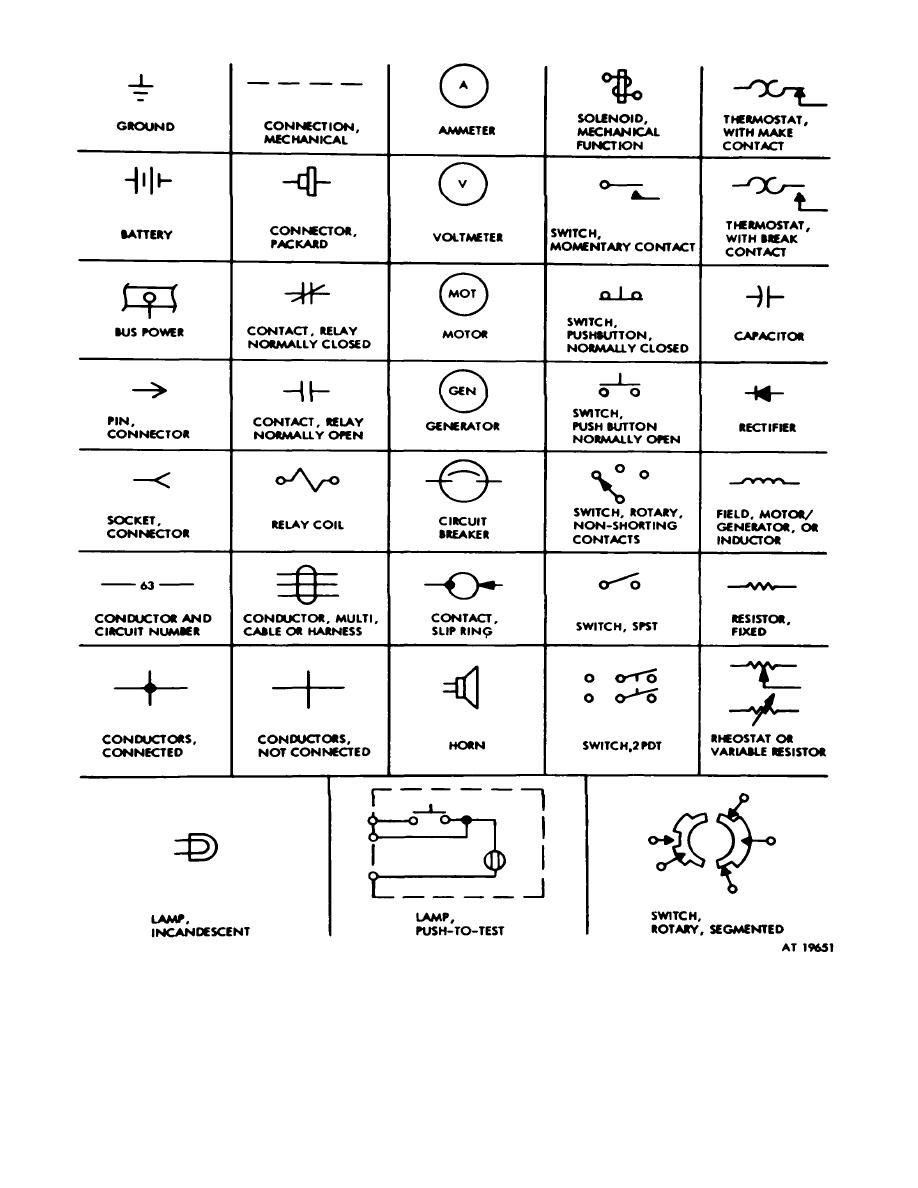Data Models and Axioms TWO Data Models and Axioms: Formal Abstractions of Reality When someone views an environment they simplify the inherent complexity of. Built on the successful framework of previous editions, this international edition of the popular Principles of Business Information Systems boasts a wealth of real world examples from a broad range of countries, including South Africa and the Gulf region. This paper focuses on the basic principles of information technology (IT) organization within health sciences centers. The paper considers the placement of the leader of the IT effort within the health sciences administrative structure and the organization of the IT unit. Principle of Geographic Information Systems. Principles of Geographical Information Systems: Spatial Information Systems and Geostatistics. October 1999 Economic Geography. ITE 120 Principles of Information Systems. Provides an overview of the fundamentals of computer information systems. Focuses on the role of computers in business today including hardware, software, analysis, design and implementation of information systems. Free essys, homework help, flashcards, research papers, book report, term papers, history, science, politics Title: Principles of Information Systems, Sixth Edition 2. Amer Alzaidi Department of Information Systems 5 Course Outline! PART 1 Information Systems in Perspective! Chapter 1 An Introduction to Information Systems in Organizations. What are Chegg Study stepbystep Principles Of Information Systems 12th Edition Solutions Manuals? Chegg Solution Manuals are written by vetted Chegg Communication Networking experts, and rated by students so you know you're getting high quality answers. 3 Basic Accounting Information System Principles Three basic principles of accounting information system are costeffectiveness, useful output, and flexibility. Efficient and effective accounting information system depends on these basic principles. Management information systems (MIS) are a valuable tool that executives uses to gauge the effectiveness of their business operations. MIS can provide valuable insight into a company's financial health, and assist managers with making critical business decisions. Students discover how information systems can increase profits and reduce costs as they explore the latest information on artificial intelligence, change management, consumerization of information systems, data governance, energy and environmental concerns, global IS challenges and solutions, Internet censorship, IS careers, and virtual teams. Accounting information systems have three basic functions: The first function of an AIS is the efficient and effective collection and storage of data concerning an organizations financial activities, including getting the transaction data from source documents, recording the transactions in journals, and posting data from journals to ledgers. Title Principles of Information Systems Author Stair, Ralph M Reynolds, George W Edition 8th edition Publisher Thomson Course Technology Recommended Reading Materials Title Introduction to Information Systems: Supporting and Transforming Business Author R. Rainer, Efraim Turban, Richard E. Develop an understanding of the core principles of IS and how it is practiced today with PRINCIPLES OF INFORMATION SYSTEMS, 13th edition. This edition combines the latest research with the most current coverage available as content highlights ISrelated careers. An information system (IS) is an organized system for the collection, organization, storage and communication of information. More specifically, it is the study of complementary networks that people and organizations use to collect, filter, process, create and distribute data. This research aims to discuss the role of ethics in management information systems, by discussing the main features of ethics in information systems, and management information systems, and how the ethical behavior may improve the ways we use the management information systems, And thus increase the efficiency of administrative work, which. Principles and Learning Objectives (continued) Knowing the potential impact of information systems and having the ability to put this knowledge to work can result in a successful PRINCIPLES OF INFORMATION SYSTEMS, Eleventh Edition, relies on 14 captivating chapters to explore the core principles of IS and examine how it's practiced today. You gain a strong grasp of the latest developments and their impact on the rapidly changing role of today's IS professional. Learn Principles Information Systems stair with free interactive flashcards. Choose from 391 different sets of Principles Information Systems stair flashcards on Quizlet. Systems Principles, Laws, and Heuristics. A principle is a general rule of conduct or behavior (Lawson and Martin 2008). It can also be defined as a basic generalization that is accepted as true and that can be used as a basis for reasoning or conduct (WordWeb 2012c). Goyal, Designing a model for the development of strategic information systems in Indian public sector undertakings, International Journal of Business Information Systems, v. An Introduction to Information Systems Chapter 1 2. Principles and Learning Objectives The value of information is directly linked to how it helps decision makers achieve Principles of Information Systems Edition 12 Develop an understanding of the core principles of IS and how it is practiced today with PRINCIPLES OF INFORMATION SYSTEMS, 13th edition. This edition combines the latest research with the most current coverage available as content highlights IS. Information security, sometimes shortened to InfoSec, is the practice of preventing unauthorized access, use, disclosure, disruption, modification, inspection, recording or destruction of information. The information or data may take any form, e. Information security's primary focus is the balanced protection of the confidentiality, integrity and availability of data. Because information systems are so important, businesses need to be sure that improvements or completely new systems help lower costs, increase profits, improve service, or achieve a competitive advantage. Principles of information systems. [Ralph M Stair; George Walter Reynolds Help your students gain the foundation they need to better understand the IS discipline and how IS courses relate to the rest of their business courses. This edition from authors and practitioners. Mechanics of materials, Archie Higdon, 1978, Science, 752 pagesBeethoven, Romain Rolland, 2009, History, 270 pages. This is a pre1923 historical reproduction that was curated for quality. An Introduction to Information Systems PRINCIPLES LEARNING OBJECTIVES CHAPTER 1 n The value of information is directly linked to how it helps decision makers achieve the organizations goals. n Discuss why it is important to study and under stand information systems. Built on the successful framework of previous editions, the eagerly anticipated eighth edition of Principles of Information Systems has been heavily revised and reorganized and now offers a streamlined text that covers the most uptodate and relevant topics of information technology. Count on StairReynolds Principles of Information Systems, 10e to provide the insights students need to function more efficiently and effectively as workers, managers, decision makers, and organizational leaders in business today. The foundation begins with generally accepted system security principles and continues with common practices that are used in securing IT systems. As more organizations share information electronically, a common understanding of what is needed and expected in securing information technology (IT) resources is required. Principles of Information Systems (with Online Content Printed Access Card) Published January 1st 2011 by Course Technology 10th Edition, Hardcover, 704 pages Information security is concerned with the confidentiality, integrity, and availability of information. From these three 'pillars the following principles must be applied when implementing and maintaining an information system. Equipping you with a solid understanding of the core principles of IS and how it is practiced, PRINCIPLES OF INFORMATION SYSTEMS, 12E covers the latest research and developments from the field and their impact on the rapidly changing role of today's IS professional. Principles of Information Systems, Tenth Edition 3. Principles and Learning Objectives (continued) IS personnel is a key to unlocking the potential of any new or modified system Define the types of roles, functions, and careers available in the field of information systems Principles of Geographical Information Systems. Provides a thorough, broadranging account of the theory and practice of GIS, which is suitable for students who are serious about mastering the subject. Exploring information management Information management is an umbrella term that encompasses all the systems and processes within an organisation for the creation and use of corporate information. Principles that govern the implementation of the architecture, establishing the first tenets and related guidance for designing and developing information systems These sets of principles form a hierarchy, in that IT principles will be informed by, and elaborate on, the principles at the enterprise level; and architecture principles will. Now thoroughly streamlined and revised, PRINCIPLES OF INFORMATION SYSTEMS, Ninth Edition, retains the overall vision and framework that made the previous editions so popular while eliminating outdated topics and updating information, examples, and case studies. Count on Principles of Information Systems, First Canadian Edition to provide the insights students need to function more efficiently and effectively as workers, managers, decision makers, and organizational leaders in business today. In this lesson, you will learn the importance of accounting information systems. You will also learn the five basic principles behind a good accounting information system. Equipping you with a solid understanding of the core principles of IS and how it is practiced, PRINCIPLES OF INFORMATION SYSTEMS, 12E covers the latest research and developments from the field and their impact on the rapidly changing role of today's IS professional. A traditional view of information systems holds that organizations use them to control and monitor processes and ensure effectiveness and efficiency. True is a visa program that allows skilled employees from foreign lands into the United States. Equip your students with a solid understanding of the core principles of IS and how it is practiced today as PRINCIPLES OF INFORMATION SYSTEMS, 13th Edition covers the latest research and developments and their impact on the rapidly changing role of today's IS professional. This feature is not available right now. Security is a constant worry when it comes to information technology. Data theft, hacking, malware and a host of other threats are enough to keep any IT professional up at night. In this article, well look at the basic principles and best practices that IT professionals use to keep their systems safe..










